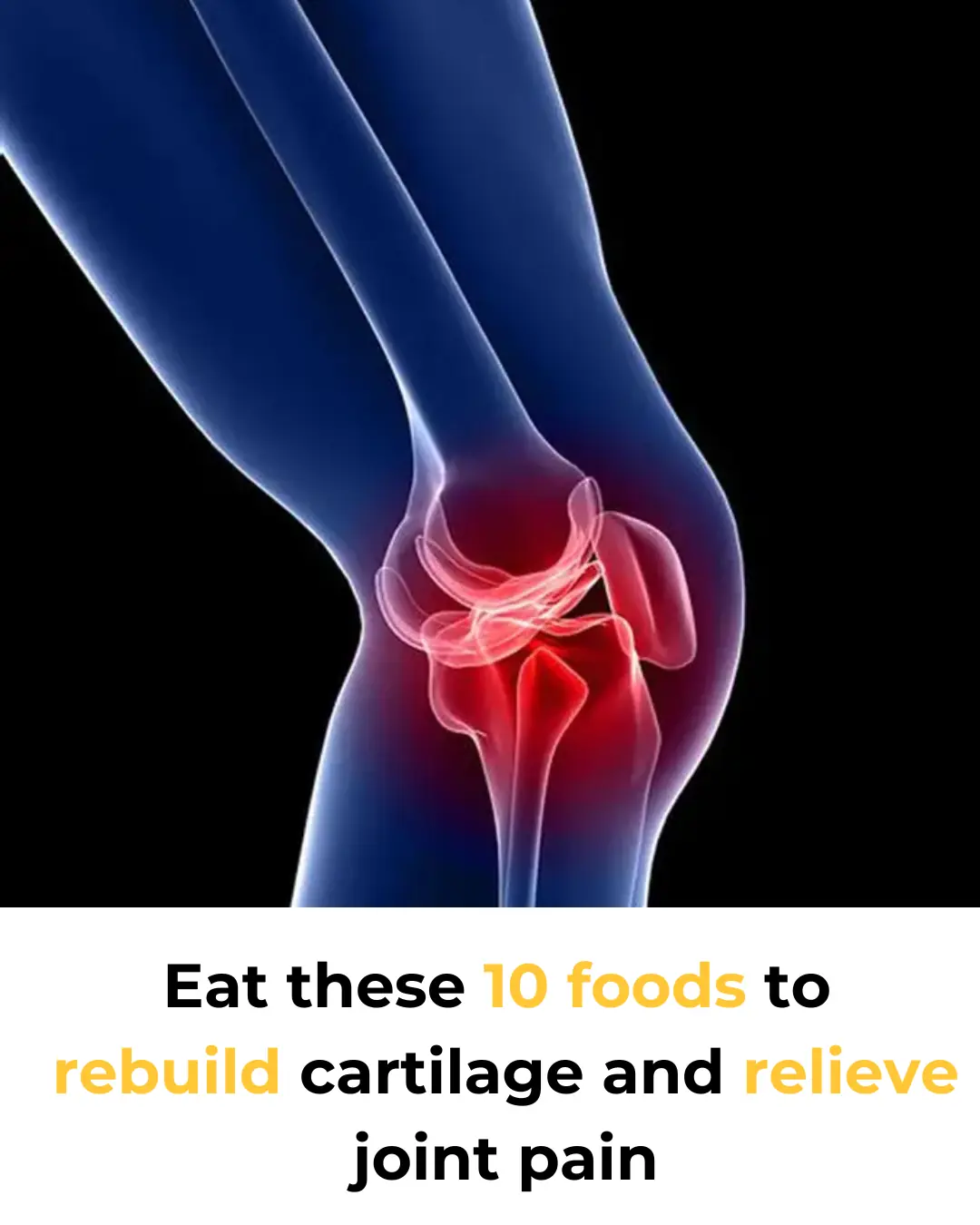
Living With a Rare Condition, a 25-Year-Old Faces One of Life’s Hardest Decisions
Warning: This article discusses sensitive medical choices that some readers may find emotional.
A 25-year-old Australian woman has courageously shared her deeply personal journey of living with a rare and life-limiting medical condition that has significantly impacted her life.
Annaliese Holland has been battling an illness that has required round-the-clock care for most of her life. Her condition has become so severe that she can no longer eat food in the usual way. Instead, she receives nutrition through a specialized method that goes directly into her body. Despite this, Annaliese still experiences the sensation of hunger when she smells or sees food, but cannot physically eat due to her condition.
Her diagnosis is incredibly rare. While the condition is not always life-limiting, in Annaliese’s case, it has become very serious. She has been diagnosed with autoimmune autonomic ganglionopathy (AAG), a condition affecting only around 100 people in the United States each year.
What Is Autoimmune Autonomic Ganglionopathy (AAG)?
AAG is an autoimmune disease in which the body’s immune system mistakenly attacks its own tissues. Specifically, it affects the autonomic ganglia, which are parts of the nervous system responsible for controlling involuntary body functions such as digestion, heart rate, blood pressure, and reflexes.
This disruption in nerve signaling can cause a wide range of issues, leading to severe physical symptoms that affect everyday functioning.
Symptoms of AAG
The symptoms of AAG vary widely due to the extensive role of the autonomic nervous system. Common symptoms may include:
-
Constipation
-
Dilated pupils
-
Dry mouth or dry eyes
-
Lightheadedness or fainting
-
Urinary retention
-
Low blood pressure upon standing
In addition, about two-thirds of patients with AAG have high levels of ganglionic acetylcholine receptor (g-AChR) antibodies, which researchers believe may influence the severity of the symptoms.
Is AAG Treatable?
Given the rarity of AAG, there is no universal treatment protocol. Treatment plans are typically tailored to the individual, focusing on managing symptoms and improving quality of life.
While there is currently no cure for AAG, treatments may include:
-
Plasma exchange
-
Intravenous immunoglobulin (IVIG) therapy
-
Corticosteroids
-
Immunosuppressive medication
Many patients with AAG can manage their symptoms with ongoing medical care. However, the severity and progression of the disease vary greatly from person to person.
Annaliese’s Story
Annaliese's experience with AAG has significantly shaped her life. “I’ve been sick since being a child really,” she shared with news.com.au. “I lived in and out of the hospital ever since I went in for nine months.” It wasn’t until she transitioned to an adult hospital that doctors were able to diagnose her with AAG.
The condition has required Annaliese to undergo multiple surgeries, and she has lost several meters of her bowels over time. She recalls a particularly painful experience: “My stool would back up so much that I would throw it up or drain it out my tummy.” To manage her condition, Annaliese has been placed on Total Parenteral Nutrition (TPN), a method where nutrition is delivered directly into her bloodstream through a line in her chest.
Because AAG can progress unpredictably, Annaliese has openly discussed the emotional toll it has taken on her. She has considered the option of voluntary assisted dying if her symptoms become too overwhelming. For her, knowing that this option is available brings a sense of peace and relief. “For me, I don’t want to have to wake up every day with anxiety about the pain that I know is ahead for me,” she explained.
The thought of “starving to death when they can’t feed me anymore, or the horror of sepsis” weighs heavily on her, but having the ability to make decisions about her future brings her comfort. “Knowing I can go when the time is right is just a huge relief.”
Annaliese's brave decision to share her experience sheds light on the devastating realities of living with a rare and progressive illness and highlights the importance of compassionate care and understanding when facing life-limiting conditions.
News in the same category

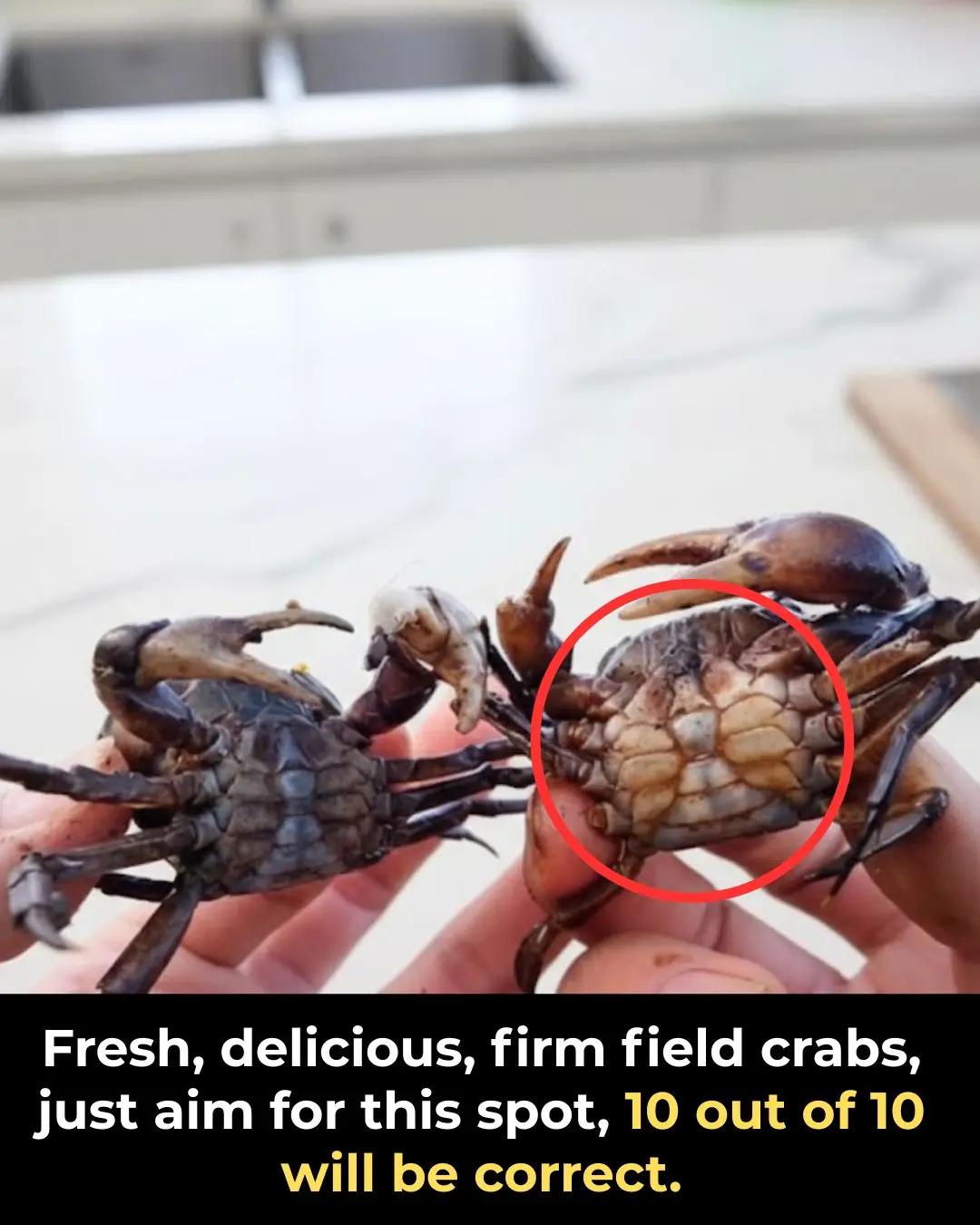
Fresh, delicious, firm field crabs, just aim for this spot, 10 out of 10 will be correct.

Why do flat plugs always have two small holes? It turns out they have surprising uses that many people don't know about.
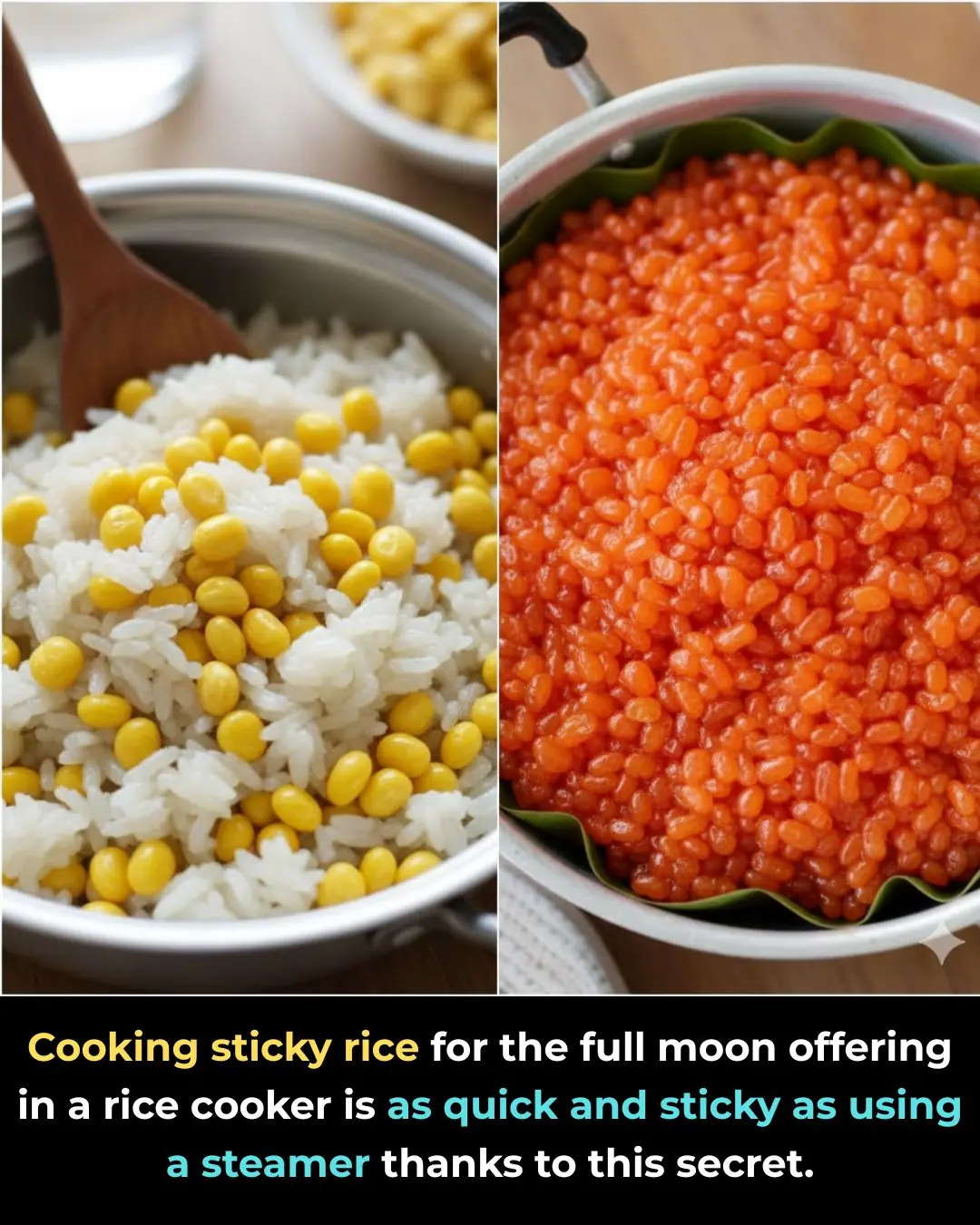
Cooking sticky rice for the full moon offering in a rice cooker is as quick and sticky as using a steamer thanks to this secret.

Why You Should Keep a Small Amount of Cash Behind Your Phone Case — A Useful Trick Few People Know

Clogged Toilet? Just Use This Simple Method — Water Will Flow Smoothly Again in 5 Minutes

7 Frozen Foods That Are Even Better Than Fresh — More Nutritious and Time-Saving
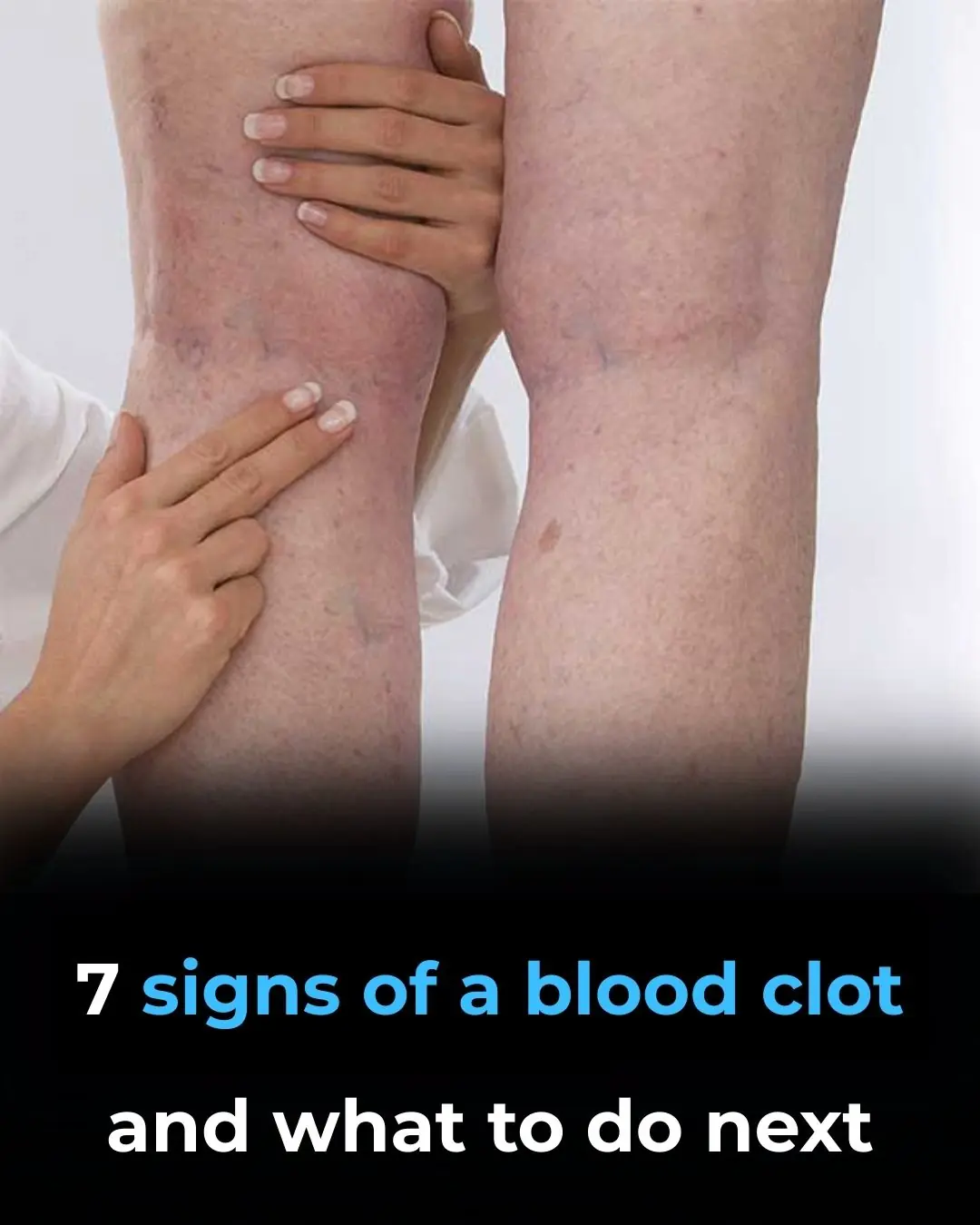
So useful! Gonna watch out for these
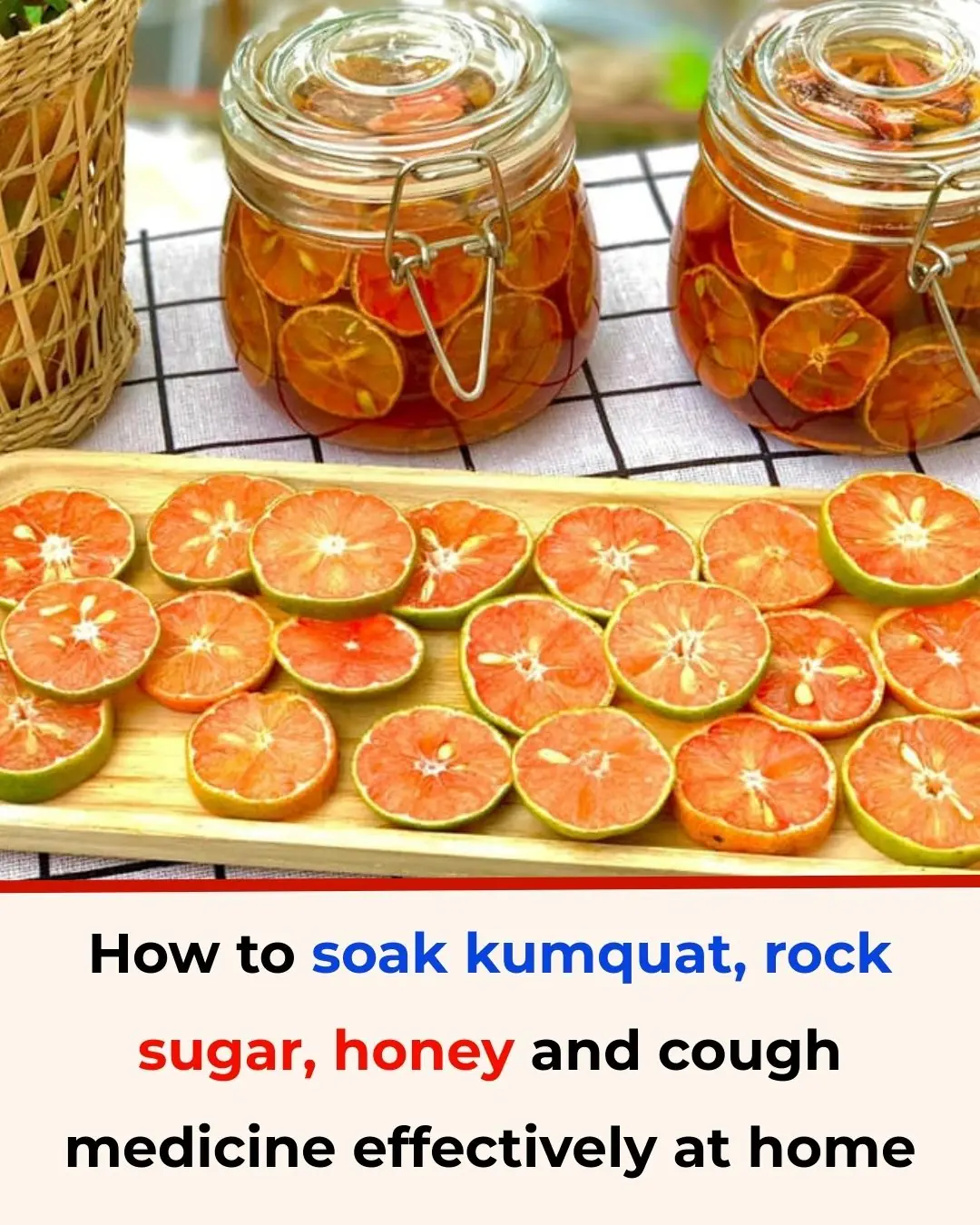
How to Make Fermented Peach Lemon (Chanh Đào) With Rock Sugar and Honey — A Highly Effective Homemade Remedy for Coughs
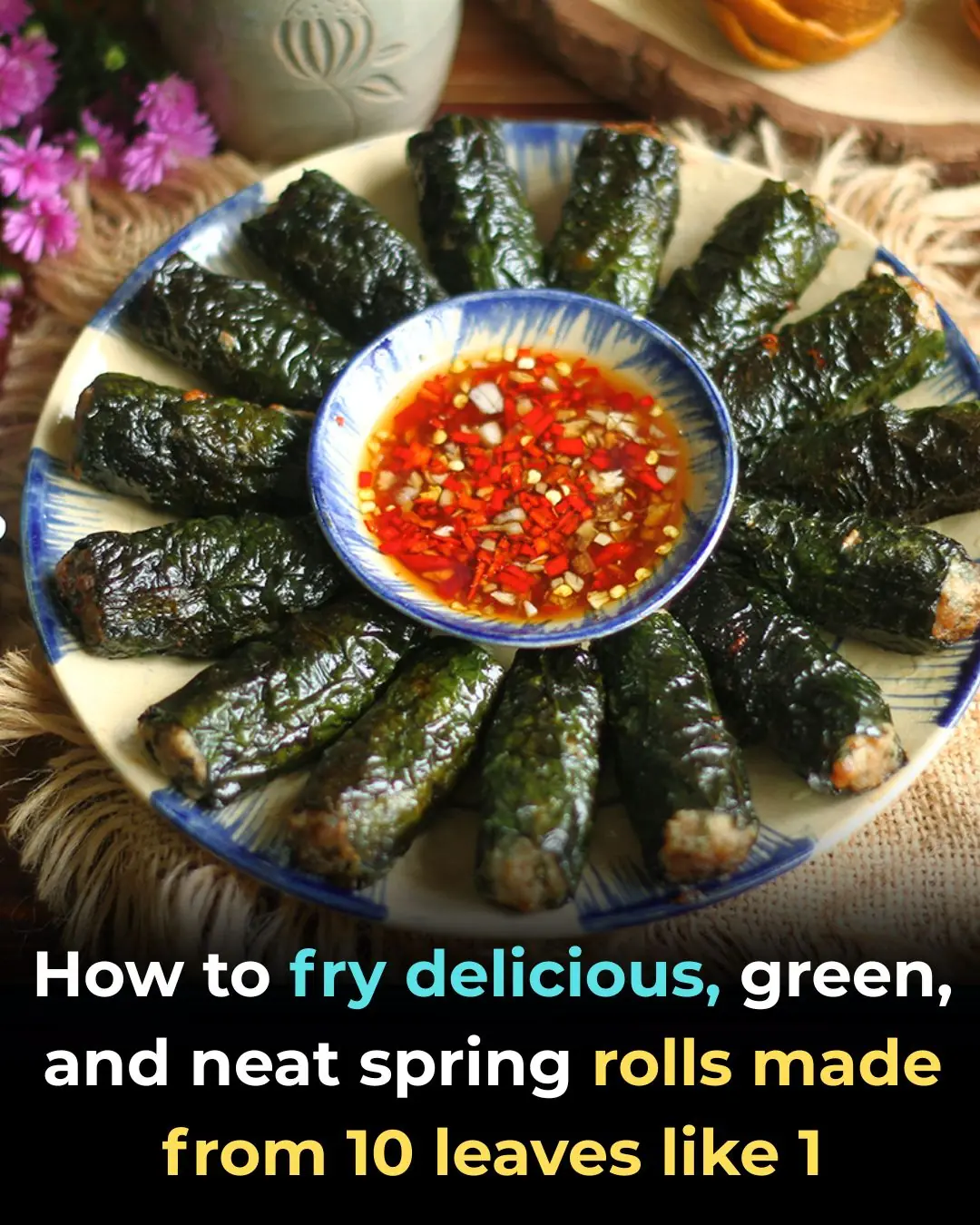
How to fry delicious, green, and neat spring rolls made from 10 leaves like 1

Using a toothpick to stick into a kettle has great benefits that many people do not know about.

Drop essential oil on toilet paper roll: Get 2 special benefits that everyone wants to learn
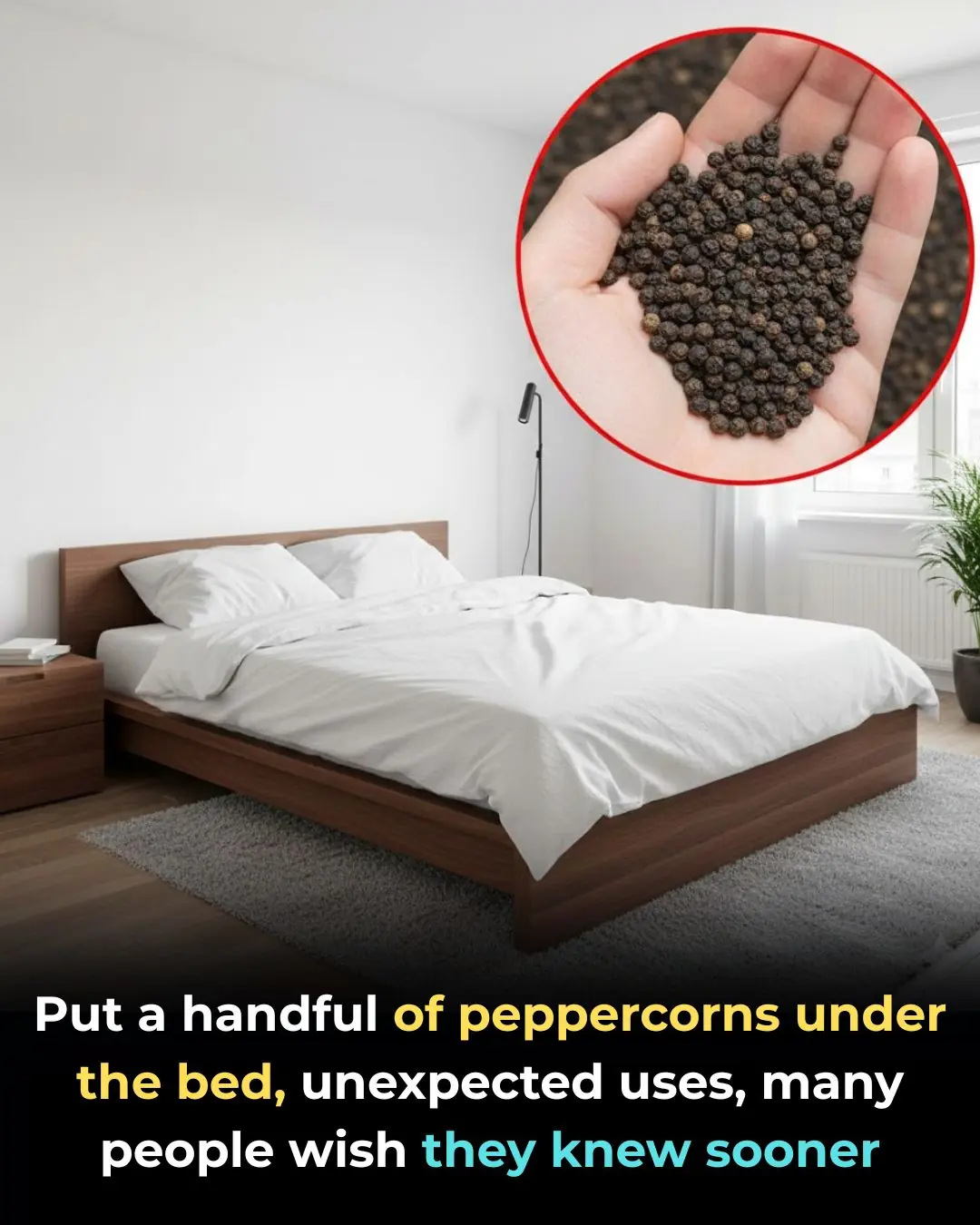
Put a handful of peppercorns under the bed, unexpected uses, many people wish they knew sooner
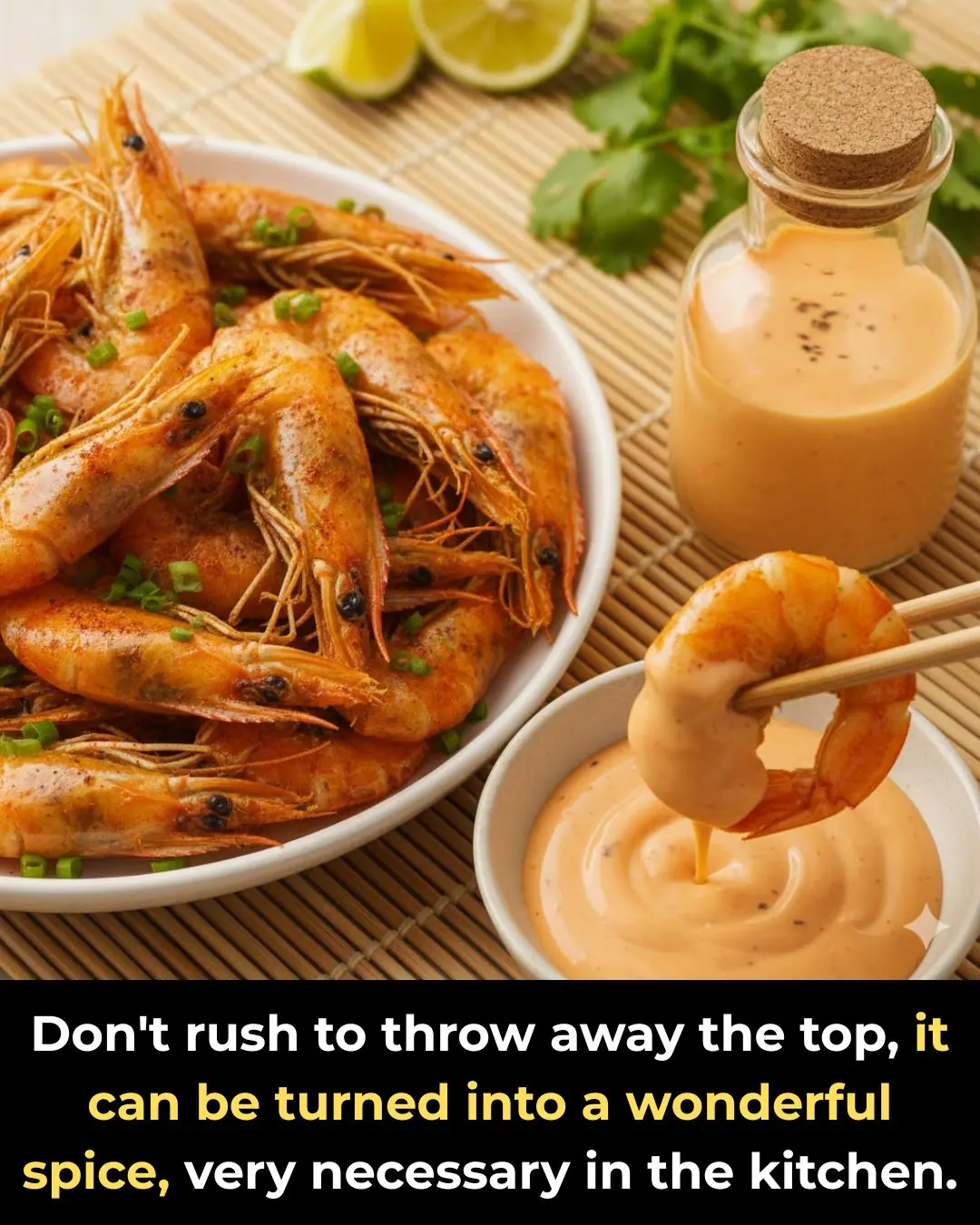
Don't rush to throw away the top, it can be turned into a wonderful spice, very necessary in the kitchen.
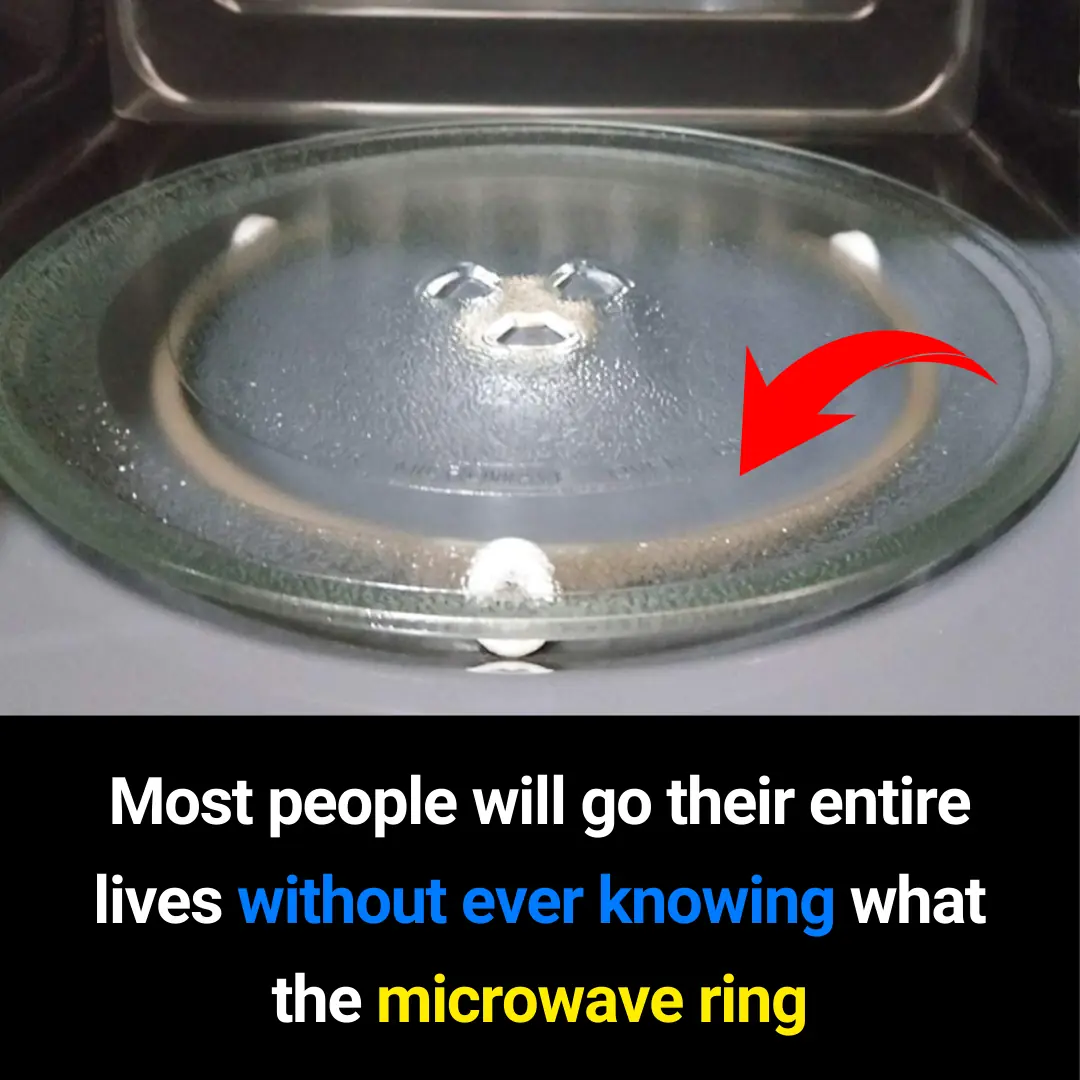
What Is a Microwave Ring Cover? Why This Small Part Matters More Than You Think (SEO-Friendly Guide)
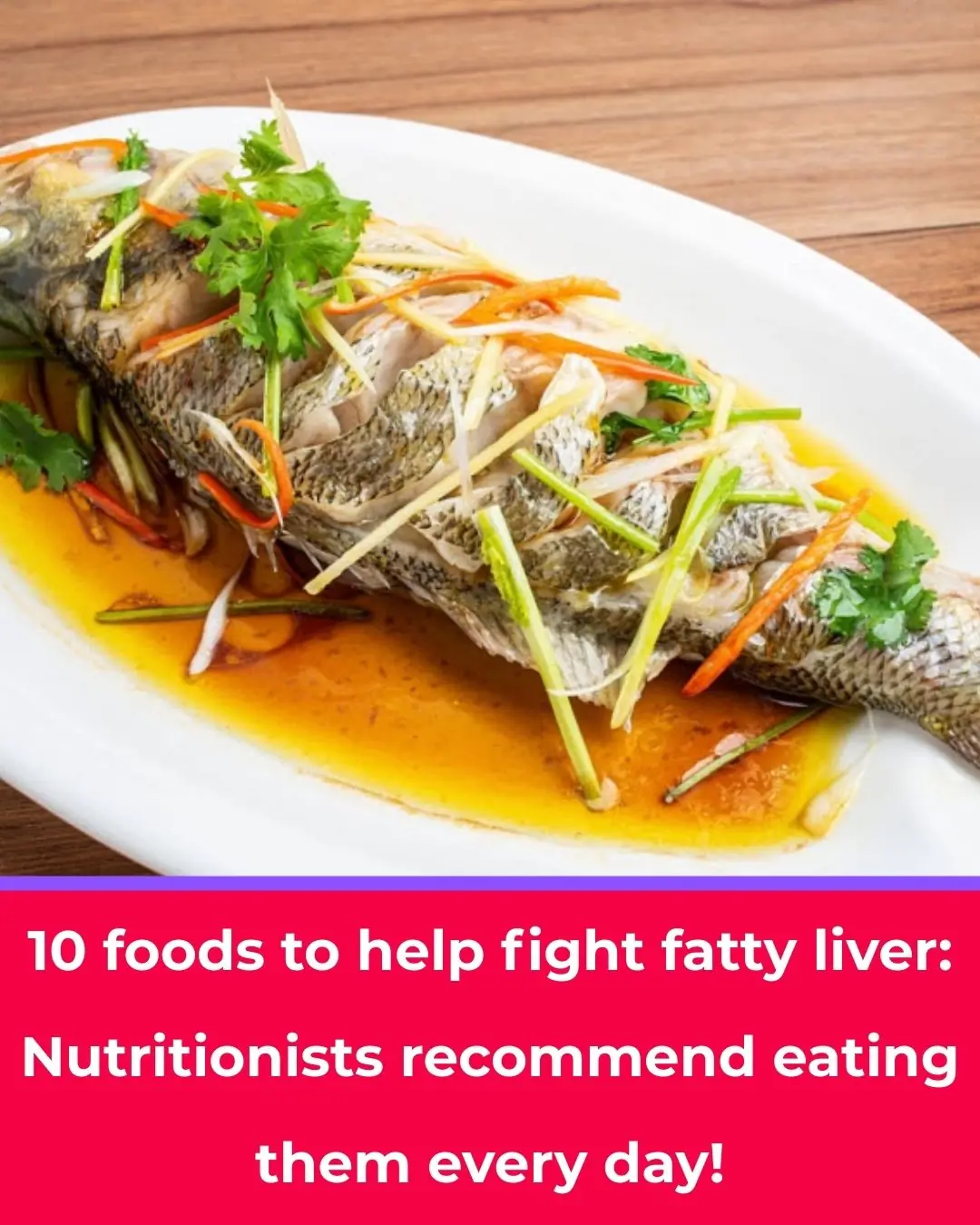
10 Foods That Help Combat Fatty Liver: Nutrition Experts Recommend Eating Them Daily

Don’t Throw Away Bubble Wrap—Keep It in Your Kitchen and You’ll Be Surprised by Its Uses
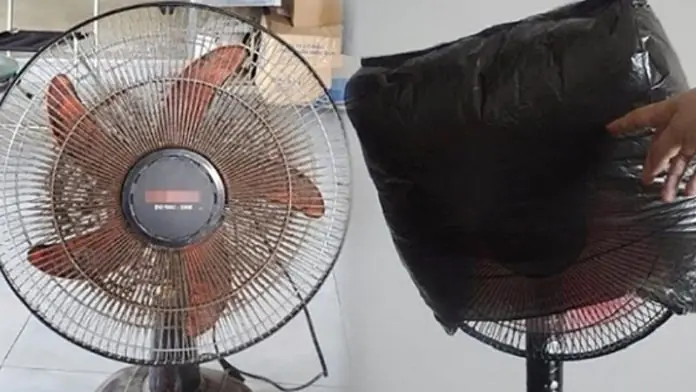
Dirty fan? No need to remove the frame or use water: This simple method makes your fan spotless and shiny

You're doing it all wrong. Here’s the right way to clean humidifiers
News Post
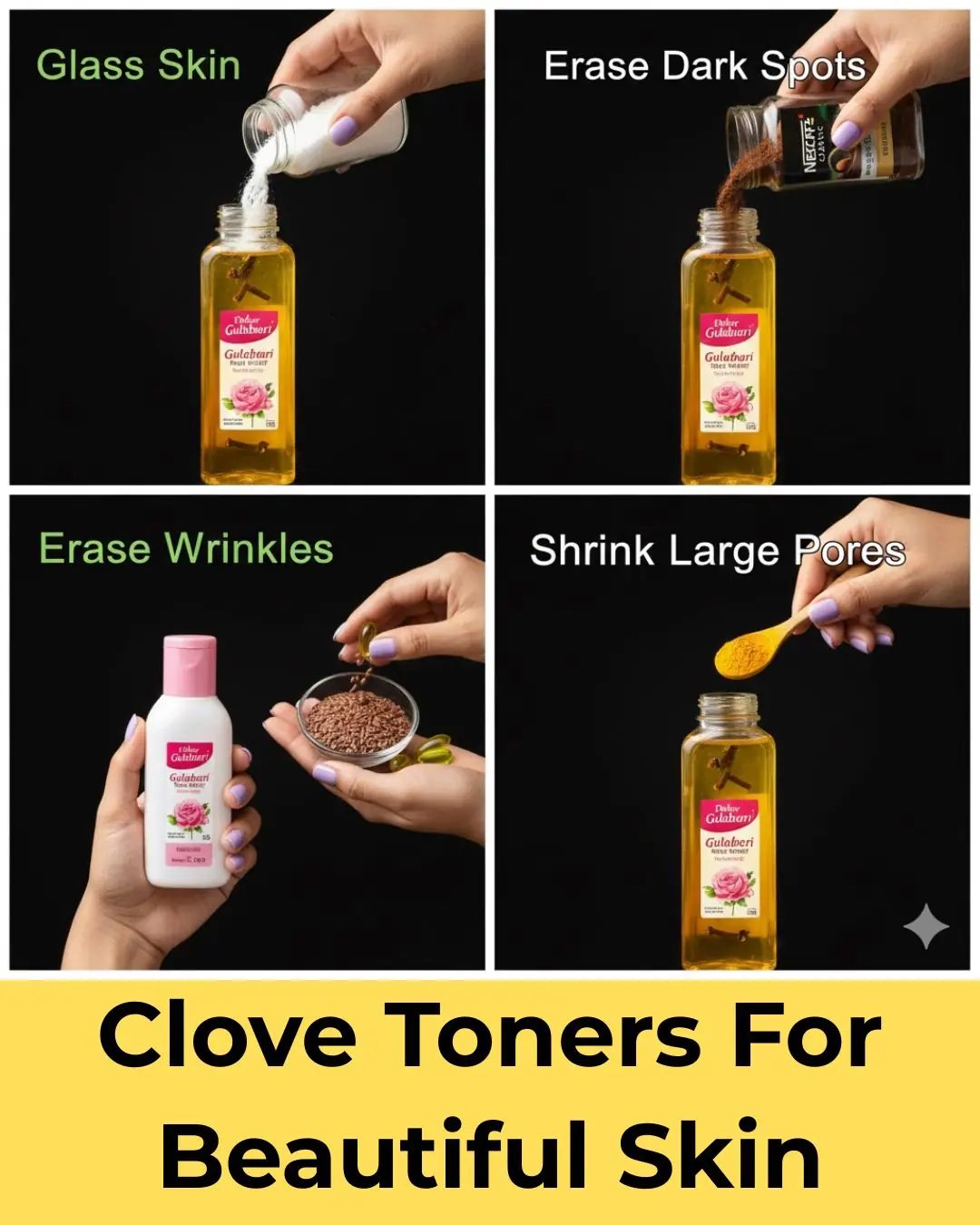
4 Best Clove Toners for Beautiful Skin

How Europe Says "Street": A Multilingual Journey Through Language and Culture

Never Toss Banana Peels Again: The 2,000-Year-Old “Trash” Trick That Erases Wrinkles, Heals Scars, Whitens Teeth & Drops Blood Pressure Overnight

A New Dawn for Chronic Kidney Disease Treatment: From Management to Possible Remission

A Butterfly, A Flute, and Unshakable Composure: The Legendary Performance of Yukie Ota
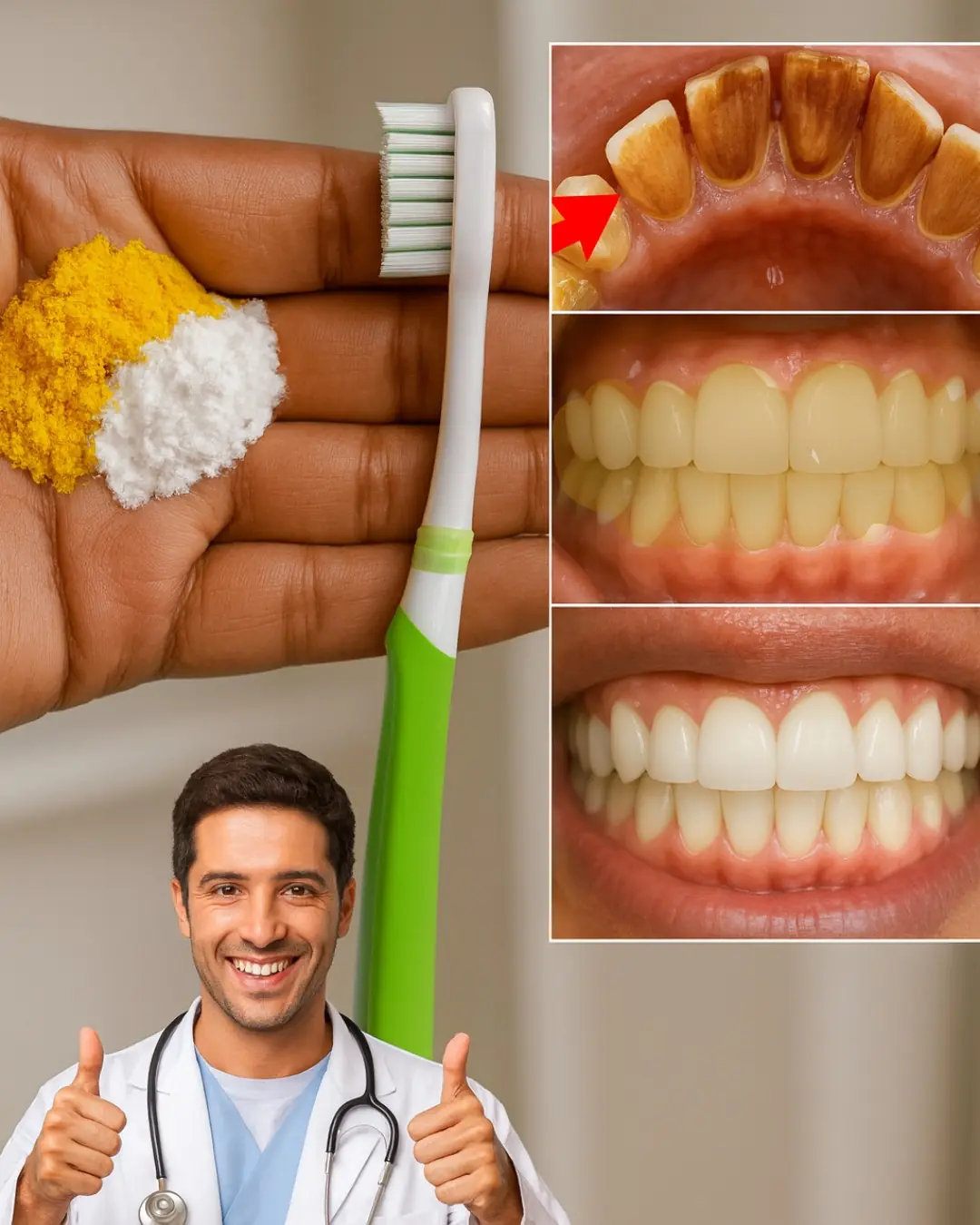
The $5 Kitchen Secret: Why You Should Be Brushing Your Teeth with Turmeric and Baking Soda

Felix Baumgartner's Record-Breaking Jump: Breaking the Sound Barrier from Space
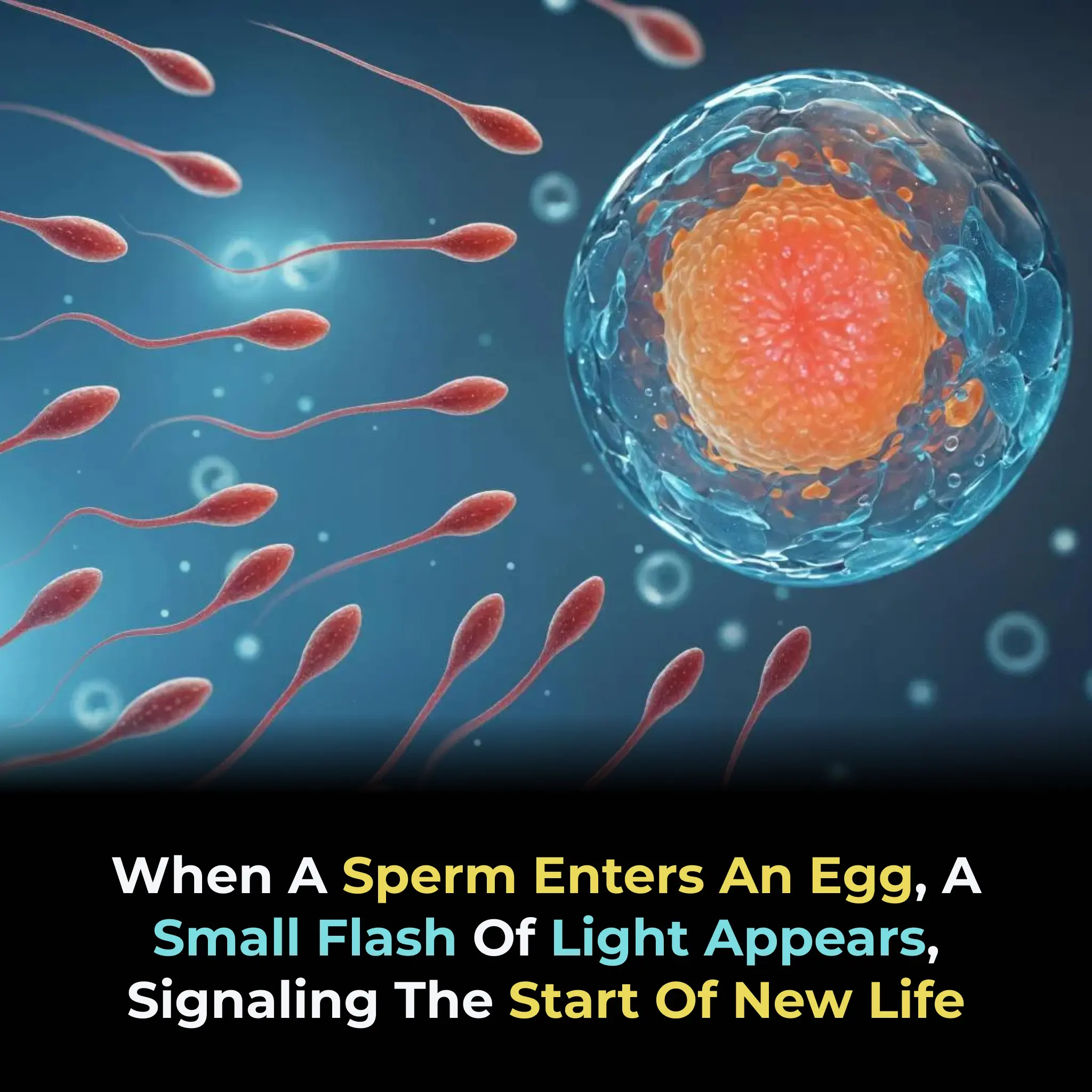
A Pacemaker the Size of a Grain of Rice: Revolutionizing Heart Care

Denmark’s Ground‑Breaking Proposal: Granting Citizens Copyright Over Their Face, Voice and Body to Combat Deepfakes
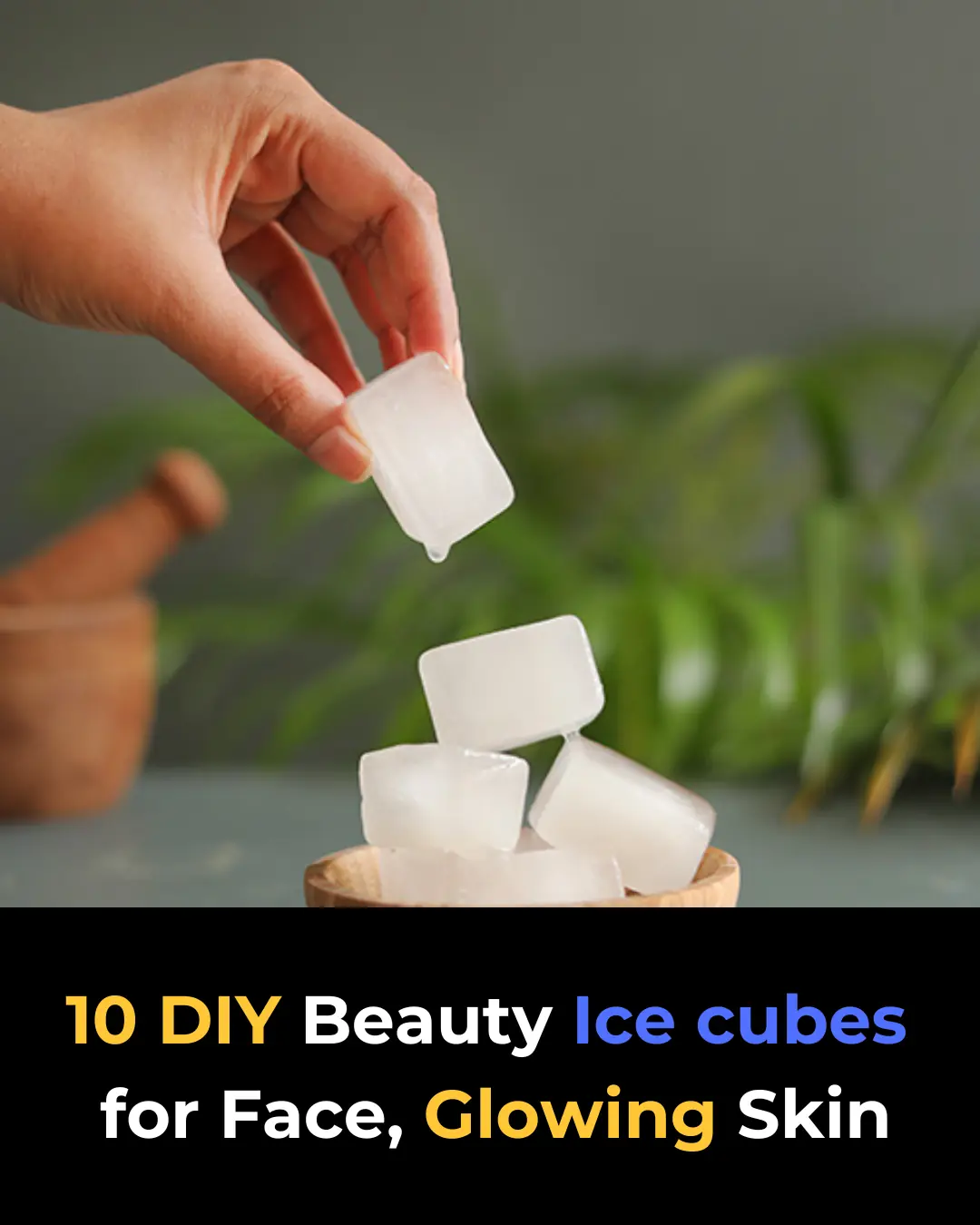
10 DIY Beauty Ice Cubes for Radiant, Glowing Skin
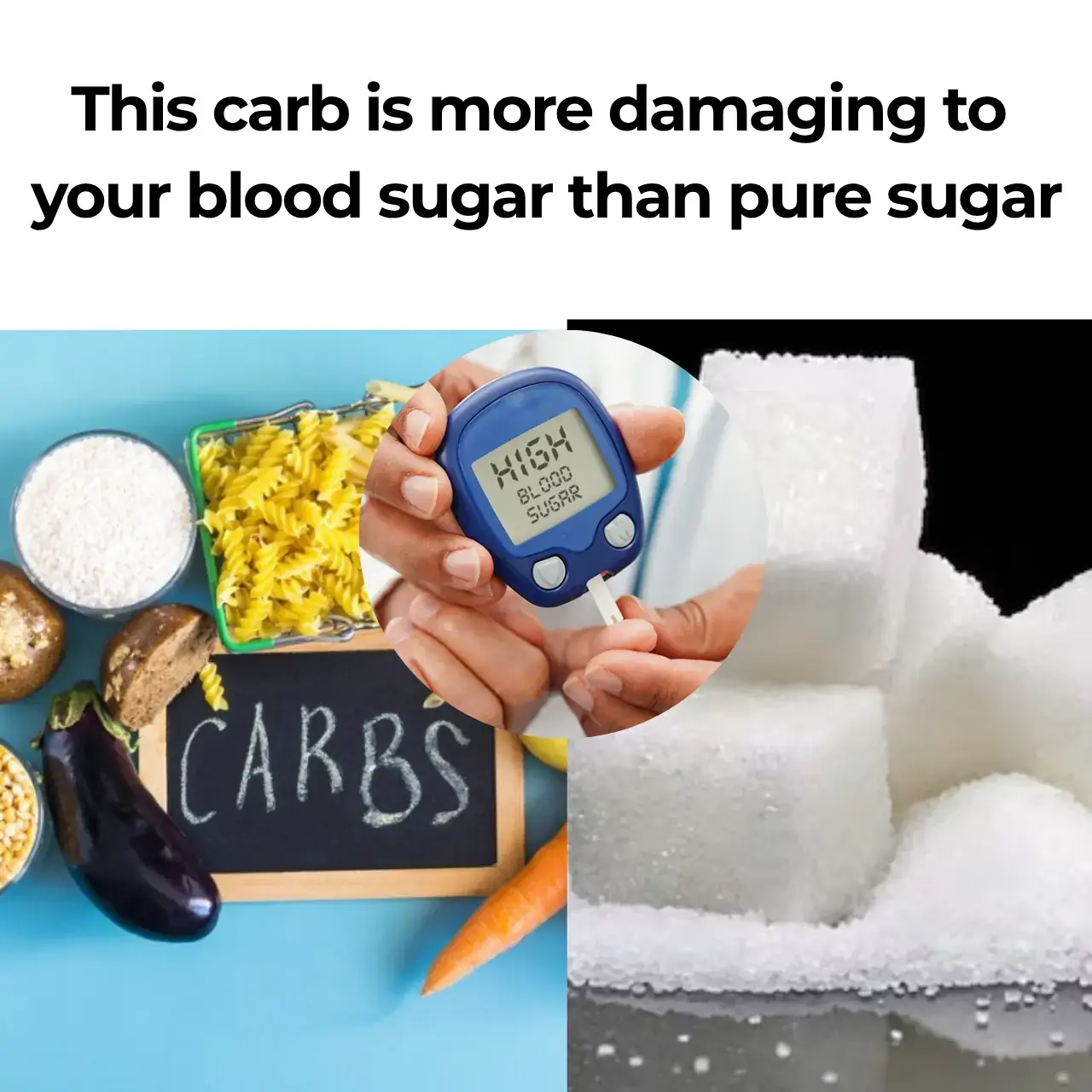
This carb is more damaging to your blood sugar than pure sugar
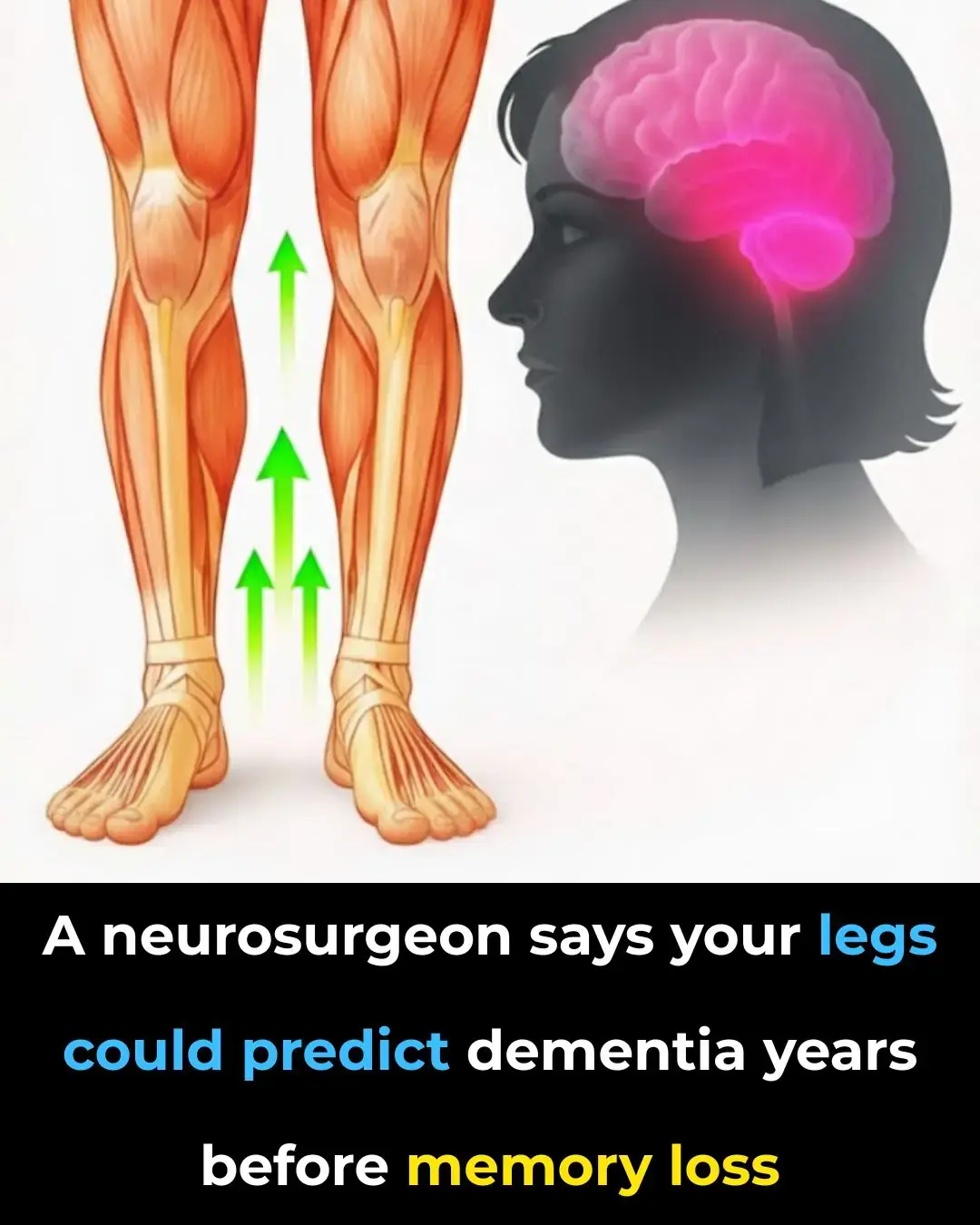
A neurosurgeon says your legs could predict dementia years before memory loss
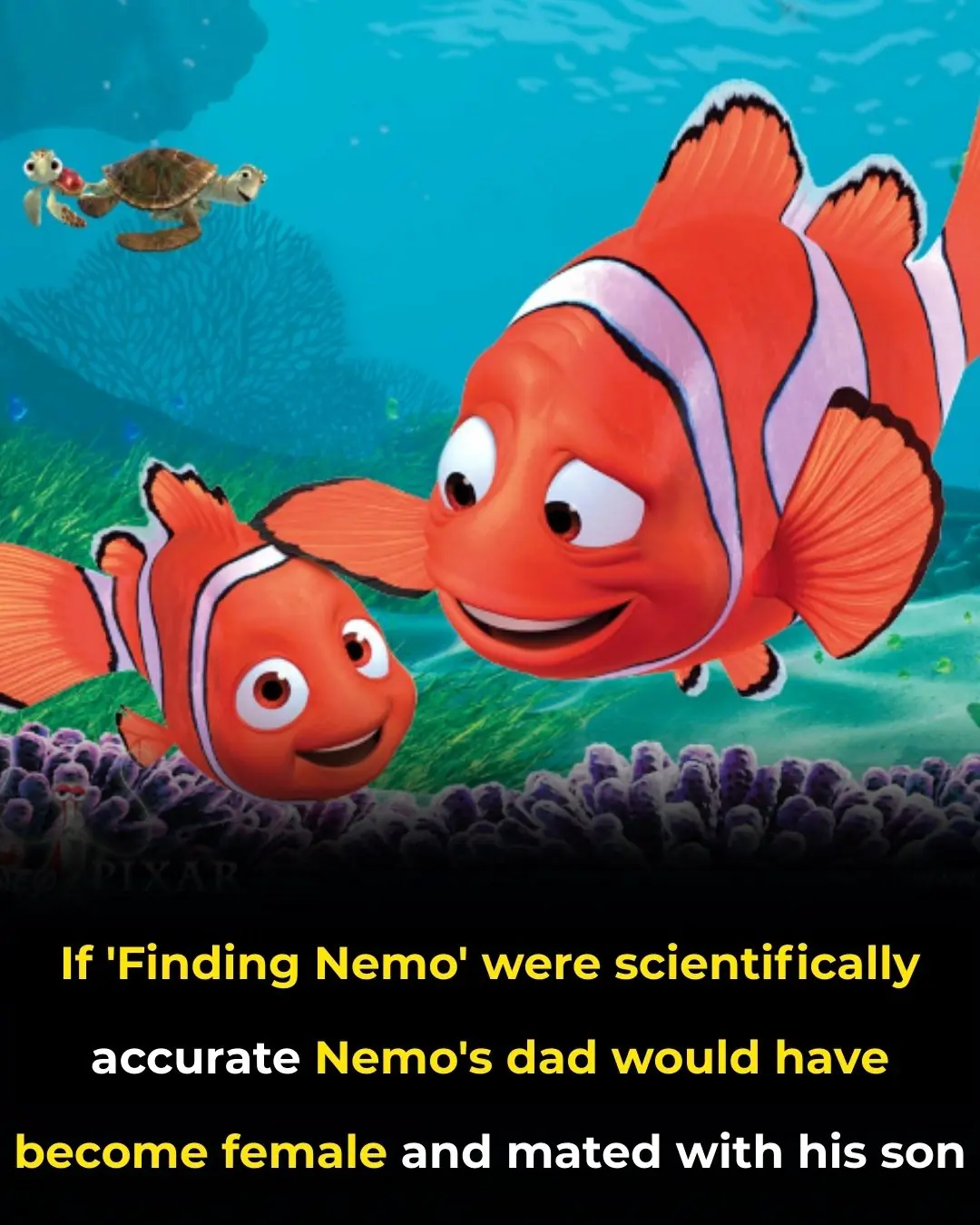
Science vs. Disney: What Finding Nemo Didn’t Tell You About Clownfish

U.S. Grocery Costs Hit Record High: Families Now Spending Over $1,000 a Month

When Mating Turns Dangerous: The Fierce Behavior of the Sydney Octopus

Welcome to the Monkey Madness: Thailand’s Unforgettable Lopburi Buffet

Why Height Matters So Much in Online Dating — And What the Numbers Reveal

Samsung Outpaces Apple Again — And Why Shipment Volume Still Matters
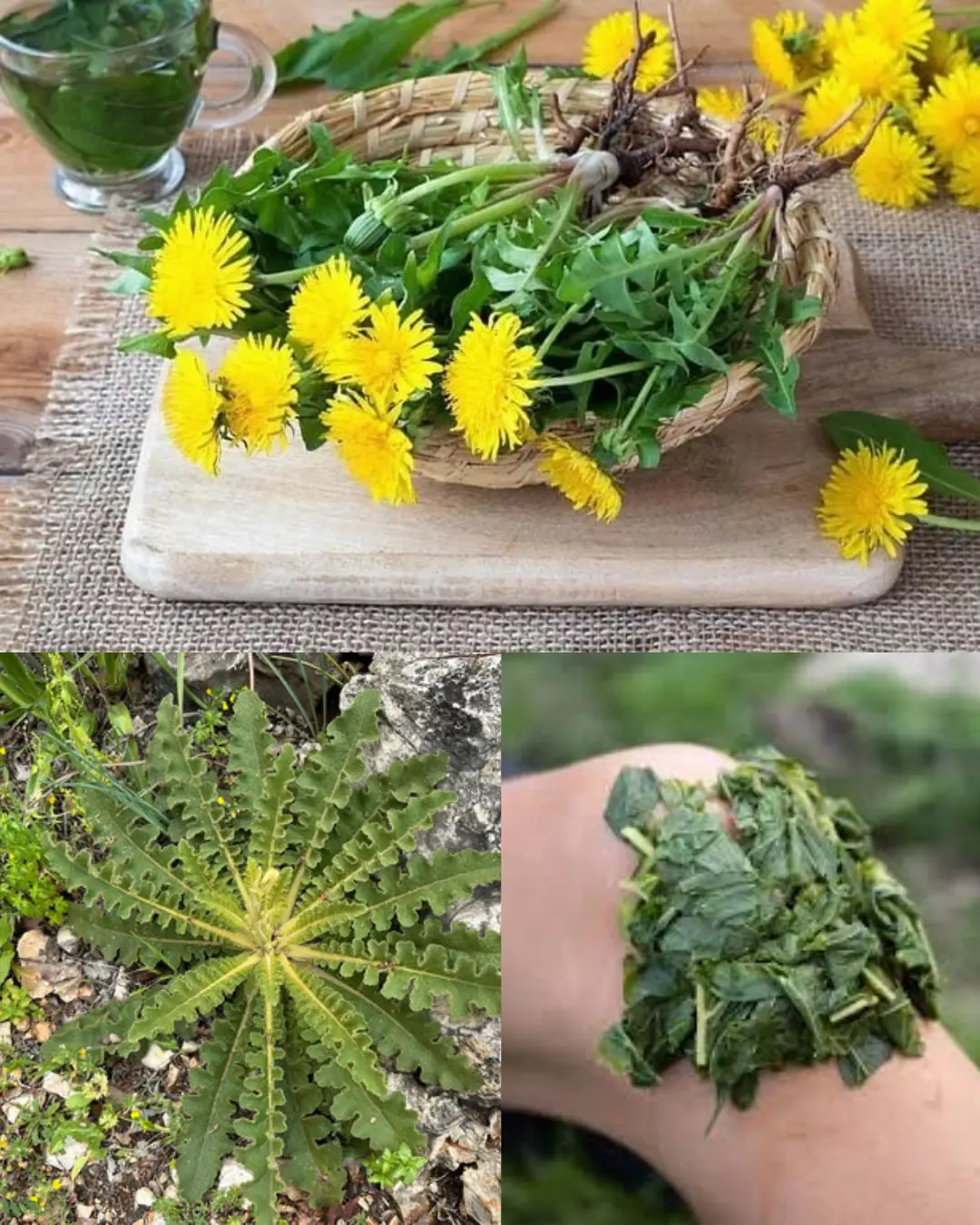
The Mighty Dandelion: Nature’s Hidden Treasure
